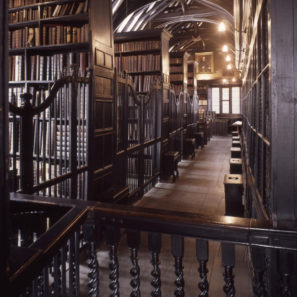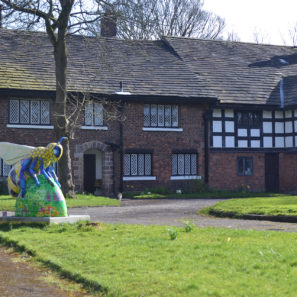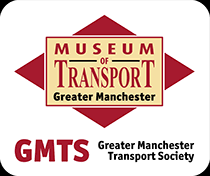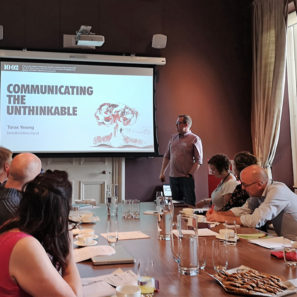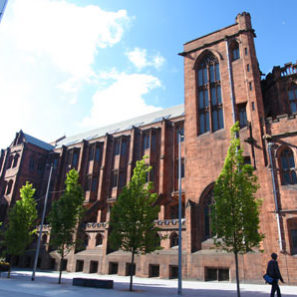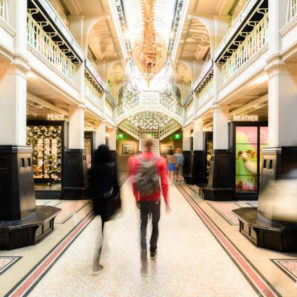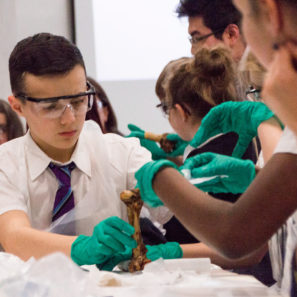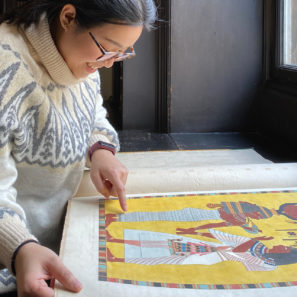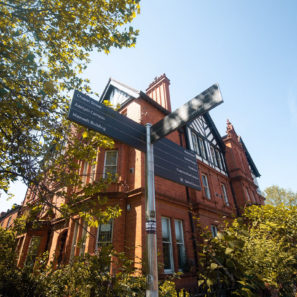Based in one of the finest neo-Gothic buildings in Europe and in the heart of Manchester, the John Rylands Research Institute and Library promotes research in the humanities and sciences using the astonishingly rich special collections of The University of Manchester Library.
Special Collections
Our special collections are world-leading in their significance and diversity, offering limitless research potential across a broad spectrum of disciplines. They include several hundred languages and span five thousand years, from Cuneiform tablets to email archives, from Gutenberg to Ginsberg, and contain some of the most significant printed books and manuscripts ever produced. We also hold unique archive collections, maps and visual material, documenting a wealth of traditions from around the world. You can access out special collections both in person and online.
Our research
We are a dynamic community of exceptional scholars and curators, imaging and conservation specialists, and research impact and engagement professionals who support world-leading research based on our outstanding special collections and promote innovative public engagement with research through exhibitions, events and workshops.
Get in touch with us!
Explore our digital collections!

